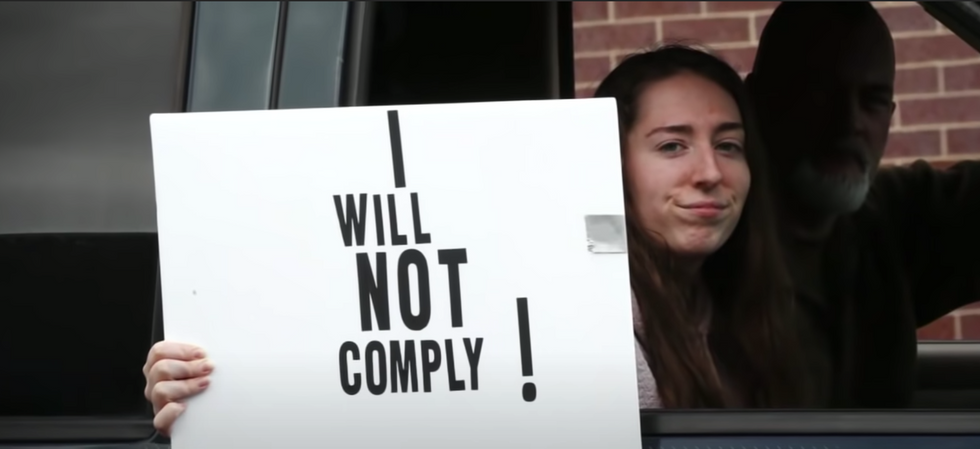Recently, there has been a large outcry against the stay-at-home mandates that the federal and state governments have instituted. This has led to many of the states reopening their economy and loosening mandates. The general outrage is that quarantine is against the public's rights. But is this really true?
First, it is important to note that America actually has not instituted a formal mandatory quarantine as some other countries have. What we have is stay-at-home orders - we can go out of our house as long as we abide by certain rules. Regardless, according to the National Conference of State Legislatures, "every state, the District of Columbia and most territories have laws authorizing quarantine and isolation, usually through the state's health authority." This means that state governments have every right to order restrictions, even mandatory quarantines, on its citizens. This also means that restrictions can vary from state to state, even city to city.
When we consider federal jurisdiction, the rules become a little murky. According to the CDC "the federal government derives its authority for isolation and quarantine from the Commerce Clause of the U.S. Consitution," which allows Congress to "regulate commerce with foreign nations, and among the several states." The Court's current reading of the Commerce Clause in the context of isolation and quarantine allows the federal government to enact interstate quarantines that restrict the movement of individuals across state lines, or into or out of the country. However, the federal government cannot institute formal quarantines for people within a certain state. That being said, states that have instituted quarantine can ask for help from the federal government to enforce that quarantine as long as the original mandate was ordered by the state government.
As well as dividing responsibilities between the state and federal governments, the Constitution also protects against individual rights, including the right to not be denied "liberty" and the right to "due process." While you do not necessarily have the right to be released from a mandatory quarantine and go about your regular life while a pandemic is running amok, you do have the right to a process that determines whether the quarantine is justified.
It is an established right for the federal government to confine people against their will if those individuals present a danger to themselves or others, even if the person being confined has not committed a crime. For example, in Addington v. Texas, the Supreme Court held that individuals with severe mental illnesses who present a clear and present danger to themselves and others can be involuntarily confined to a mental hospital.
The same case also determined that "clear and convincing" evidence must be provided that there is a threat to both public safety and the person themselves. However, this heightened standard of proof stood in relation to higher stakes - confinement in a mental facility for years or even decades is much higher stakes than a temporary lockdown. Furthermore, a COVID-19 diagnosis is much less elusive than evidence of mental illness, which is why evidence of debilitating mental illness requires a much higher standard of proof. So, courts would likely permit the government to quarantine individuals based on less than clear and convincing evidence.
The Supreme Court, however, usually avoids intervening in such cases. In national security cases, the Judicial Branch often defers to the discretion of the Executive Branch - no Justice wants to be responsible for inhibiting the government in stopping a terrorist attack. (In this case, I'm pretty sure deferral to the Executive Branch would result in everyone contracting COVID-19) However, seeing as so much of this virus is unknown, the courts are just as likely to defer to public health experts rather than our current President of the United States - a decision I also stand by.
Now, what does this all mean? This means that people have to realize that none of their rights are being inhibited beyond what they agreed to by being an American under the Constitution. In fact, we have looser mandates because we are American. It is understandable why people are angry with quarantine - it hurts our economy and many people's livelihoods. But, it is also important to realize that nobody's rights are being inhibited and that this agenda is not for anyone's personal benefit but for the benefit of public health.



















